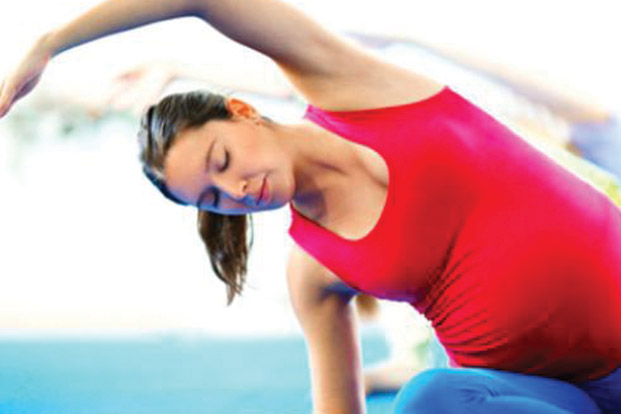Categories
- Bariatric Surgery (11)
- Black Fungus (5)
- Bone Marrow transplant (3)
- Brain Tumor Surgery Navigation Technology (20)
- Cardiac Surgery (66)
- Cardiology (97)
- Computer navigation technology for joint replacements (20)
- Covid Vaccination (17)
- Critical Care (2)
- Dental (19)
- Dermatology (31)
- Dialysis Support Group - “UTSAAH” (11)
- Dietitian (33)
- Emergency Medicine (4)
- Emotional Health (11)
- Endocrinology (33)
- ENT (20)
- Gastroenterology and GI Surgery (53)
- General and Laparoscopic Surgery (21)
- General Surgery (4)
- Gynecology & Obstetrics (183)
- Hematology (20)
- Internal Medicine (294)
- Kidney Transplant (50)
- Kidney Transplantation (20)
- Lung Cancer (8)
- Minimal Invasive Surgery (1)
- Mother & Child (20)
- mucormycosis (5)
- Nephrology (61)
- Neurology (147)
- Neurosurgery (68)
- Nutrition and Dietetics (107)
- Omicron Variant (1)
- Oncology (288)
- Ophthalmology (10)
- Orthopaedics & Joint Replacement (86)
- Paediatrics (59)
- Pediatric Nephrology (3)
- Physiotherapy (5)
- Plastic & Reconstructive Surgery (6)
- Psychiatry and Psychology (90)
- Psychologist (28)
- Pulmonology (72)
- Rheumatology (13)
- Spine Services (21)
- Transradial Angioplasty (16)
- Urology (84)
Query Form
Posted on Apr 19, 2022
Prenatal or Pregnancy Yoga : The must do list for a fit body
Pregnancy is the happiest reason ever for feeling like crap. Your body is going through numerous changes and you are usually charging with hormones and emotions. The emotional cocktail maker provides a mix of a number of health ailments such as – Backache, Constipation, Heart Burn ,Nausea, Aching Feet,Exhaustion , Incontinence, Varicose Veins, Muscle Spasm and Moodiness. These though usually taken as strong health ailments may be overlooked as side effects of pregnancy. The best way to keep your body fit, agile and the common ailments at bay is – Prenatal Yoga popularly also known as pregnancy yoga.
Prenatal or Pregnancy Yoga:
Prenatal yoga can keep you limber,improves balance and circulation and is the ideal way to stay fit during pregnancy.
Yoga For 1st Trimester:-
- BUTTERFLY POSE
- Sit comfortably with sole of feet together,clasp the feet with both hands ,gently bounce knees up and down.
- It relieves tiredness from the legs and inner thigh muscles.
- Prenatal yoga keeps your BLOOD PRESSURE ,and BLOOD SUGAR under control.It improves blood circulation for baby’s proper growth.
- Wide leg deadlifts are a total body exercise, with special focus on lower back ,upper back and leg muscles.
- Strengthening these muscles will help take pressure off your spine as your baby grows.
- SQUATS
Squats train your gluteal muscles, your abs and back muscles.

2nd Trimester:-
- STANDING CRUNCH
This crunch variation does not require you to lie on your back and prevents your head from moving below your heart.
-
- KEGELS
Women who practice kegels during pregnancy may have an easier delivery and may suffer from fewer bladder problems postpartum. To perform the exercise, sit in a chair with both feet flat on the floor. As you exhale, contract your pelvic floor muscles, then release.
3rd trimester:-
- BICEPS CURLS
Biceps curls are a safe and easy exercise to do in pregnancy plus you will need those muscles once your baby is born.
- SWIMMING
If you are in mood for some cardio, swimming is a great no impact exercise to do late in your pregnancy. The water allows you to move around freely, even with extra weight, and you won’t risk harming your joints.
Prenatal yoga helps you to enjoy your pregnancy by staying fit and free from pregnancy associated symptoms and pregnancy associated diseases like pregnancy induced hypertension, gestational diabetes, intrauterine growth restriction of baby .Yoga strengthens your muscles for easy normal vaginal birth and improves your control on perineal muscles to prevent incontinence ,a very common problem post delivery. It is best that you consult a gynecologist, your pregnancy expert or a prenatal yoga therapist to understand the routine that would suit you the best.



